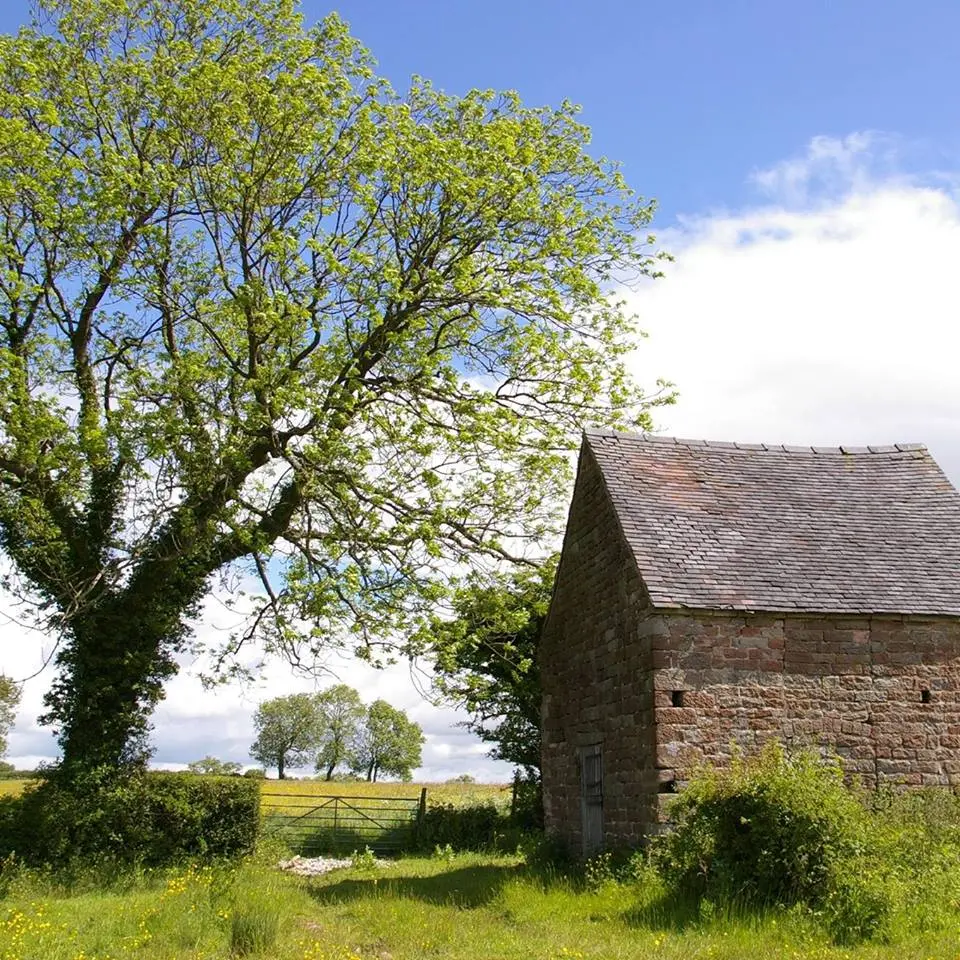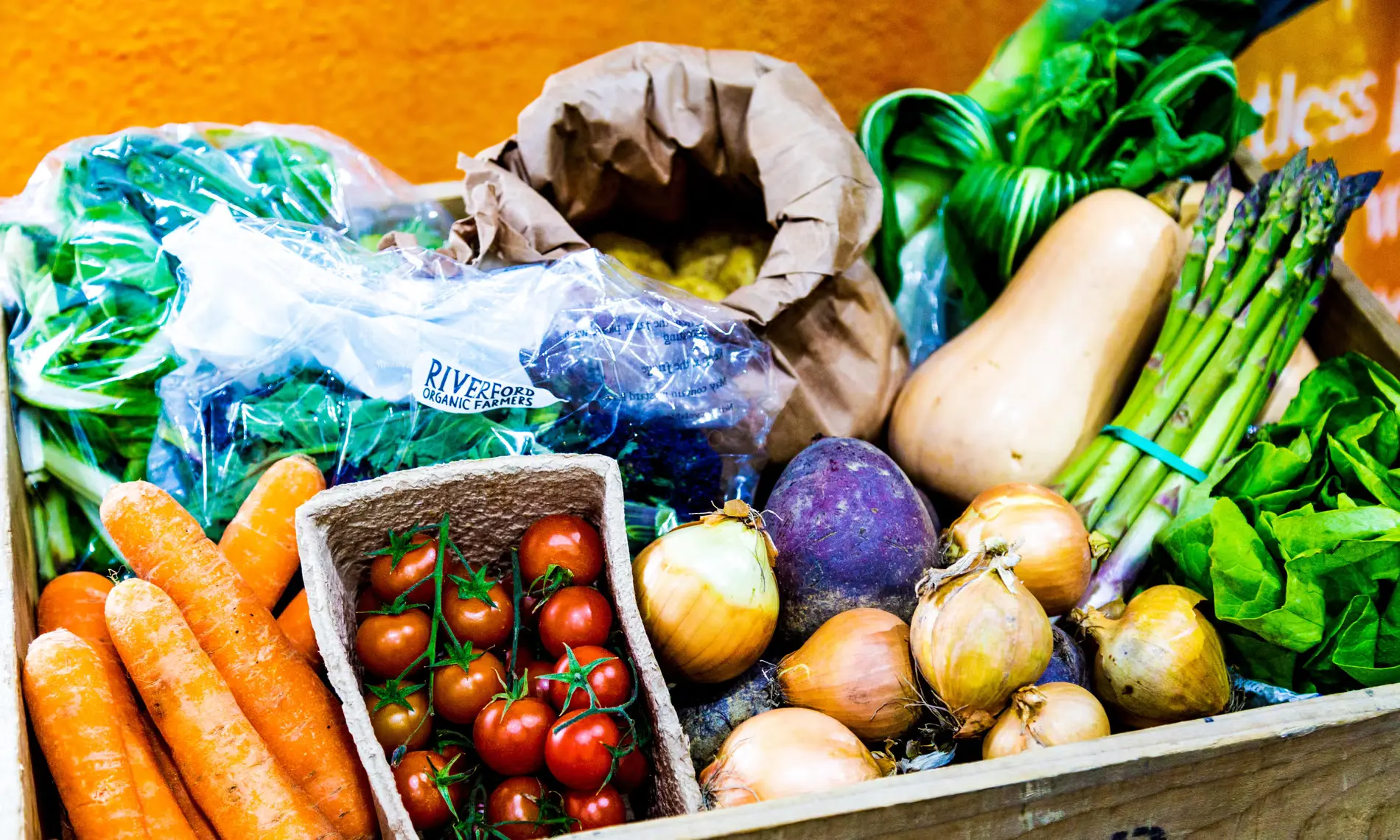Can We Build A Sustainable Future for Farming
Introduction – A Sustainable Future for Farming

The agricultural sector is at a crossroads, faced with the pressing need to adapt to climate change and an increasing demand for food.
Sustainable agriculture has emerged as a crucial approach to address these challenges, focusing on methods that promote environmental health, economic viability, and social equity. This article explores a sustainable future for farming by rethinking traditional and modern farming practices, particularly in the context of livestock and crop production. We delve into the implications of chemical fertilisers, the role of innovative plant breeding, and an evaluation of dairy production, ultimately proposing alternatives that align with sustainable principles.
Managing our Soil – Understanding the Concept of No Fertiliser
In the quest for a sustainable future for farming, the reliance on chemical fertilisers has come under scrutiny. These substances, while effective in boosting crop yields, can lead to long-term degradation of soil health. Chemical fertilisers disrupt the natural balance of soil ecosystems, reducing biodiversity and harming beneficial microorganisms. Over time, soil becomes reliant on these inputs, leading to a vicious cycle of dependency that diminishes its natural fertility.
t has also become evident that we have selected varieties of plants through breeding programs that respond to high levels of fertiliser and without that fertiliser are not higher yielding. In order to guarantee a sustainable future for farming we need to look at plant breeding policy in a new light.
To mitigate these issues, alternative methods for soil enrichment are being explored. Organic fertilisation, cover cropping, and crop rotation are effective practices that enhance soil structure and nutrient content without the adverse effects associated with chemical inputs. Organic matter from compost and green manure can restore soil fertility, improve moisture retention, and enhance microbial life, fostering a healthier agricultural ecosystem. By adopting these approaches, farmers can create resilient soils that sustain productivity without compromising their ecological integrity.
Plant Breeding: A Key to Sustainable Practices
Plant breeding will play a pivotal role in a sustainable future for farming. Through selective breeding and genetic modification, researchers aim to develop crop varieties that are more resilient to climate stresses, diseases, and pests. By focusing on traits such as drought tolerance, nutrient efficiency, and disease resistance, plant breeders can help ensure food security and a sustainable future for farming while minimising the need for chemical inputs.
Innovative techniques in plant breeding, such as CRISPR and other genome editing technologies, are revolutionising the way crops are developed. These methods allow for precise modifications to specific genes, enabling the creation of crop varieties that can thrive in diverse environmental conditions. As these technologies advance, they hold the potential to enhance crop yields sustainably while reducing agriculture’s carbon footprint. Embracing such innovations will be critical in meeting the food demands of a growing global population while safeguarding our natural resources.
Re-evaluating Dairy Production: The Case Against Dairy Cows and a Sustainable Future for Farming
The traditional model of dairy production, centred around dairy cows, poses significant environmental challenges. Cattle farming is associated with high greenhouse gas emissions, particularly methane, which is released during digestion. Moreover, the intensive land and water usage required for dairy operations contribute to deforestation and depletion of freshwater resources, raising concerns about a sustainable future for farming with dairy cows.
Ethical considerations also play a role in the conversation surrounding dairy farming. The treatment of dairy cows, particularly in intensive farming systems, raises questions about animal welfare. Practices such as confinement and early separation of calves from their mothers contribute to growing concerns among consumers and advocacy groups. As awareness of these issues increases, many are seeking alternatives to traditional dairy production. Large, factory farmed herds of cows have no place in a sustainable future for farming.
The Potential of Dairy Goats and Sheep
Dairy goats and sheep present viable alternatives to dairy cows, offering several benefits that align with sustainable farming principles. These animals require less land and water compared to traditional dairy cows, making them more environmentally friendly options for milk production. Their smaller size allows for more versatile farming systems, enabling farmers to integrate them alongside other crops or livestock.
Comparative analysis shows that dairy goats, in particular, can produce high-quality milk with lower environmental impact. They are generally more efficient converters of feed into milk and can thrive on less nutritious forage, reducing the need for supplemental feed. Additionally, goat milk is often easier to digest for consumers who may have lactose intolerance, further expanding its market potential. By promoting the use of dairy goats and sheep, farmers can contribute to a more sustainable agricultural landscape while addressing consumer demand for ethical and environmentally responsible products.
Sheep and goats in particular reproduce more quickly than cows giving faster genetic progress. When combined with the power of genomics this will be an important tool for agri-science moving forward. In particular it will revolutionise the sheep farming sector.
Conclusion – Can we deliver a sustainable future for farming?
The future of sustainable agriculture hinges on our ability to rethink traditional farming practices. By moving away from chemical fertilisers and embracing alternative methods for soil enrichment, we can restore the health of our ecosystems. Moreover, innovative plant breeding techniques hold the promise of enhancing crop resilience while reducing environmental impacts. Re-evaluating dairy production, particularly through the lens of dairy goats and sheep, offers ethical and sustainable options that align with modern consumer values.
We do need radical reform in the sheep sector. Have a look at our Shepherds of the Trees program. This is the way to deliver a sustainable future for farming.
As we navigate the complexities of food production in the face of climate change, it is imperative that we support practices that promote ecological balance, economic viability, and social responsibility. Embracing sustainable agriculture is not just beneficial for the environment; it is essential for the future of global food security.
Certainly in the UK the farming industry is in trouble. It is neatly explained in Richards video.
FAQs – A Sustainable Future for Farming
Finally, here’s how to achieve a sustainable future for farming, this is a hugely important read: The Ninth Revolution – Transforming Food Systems for Good



